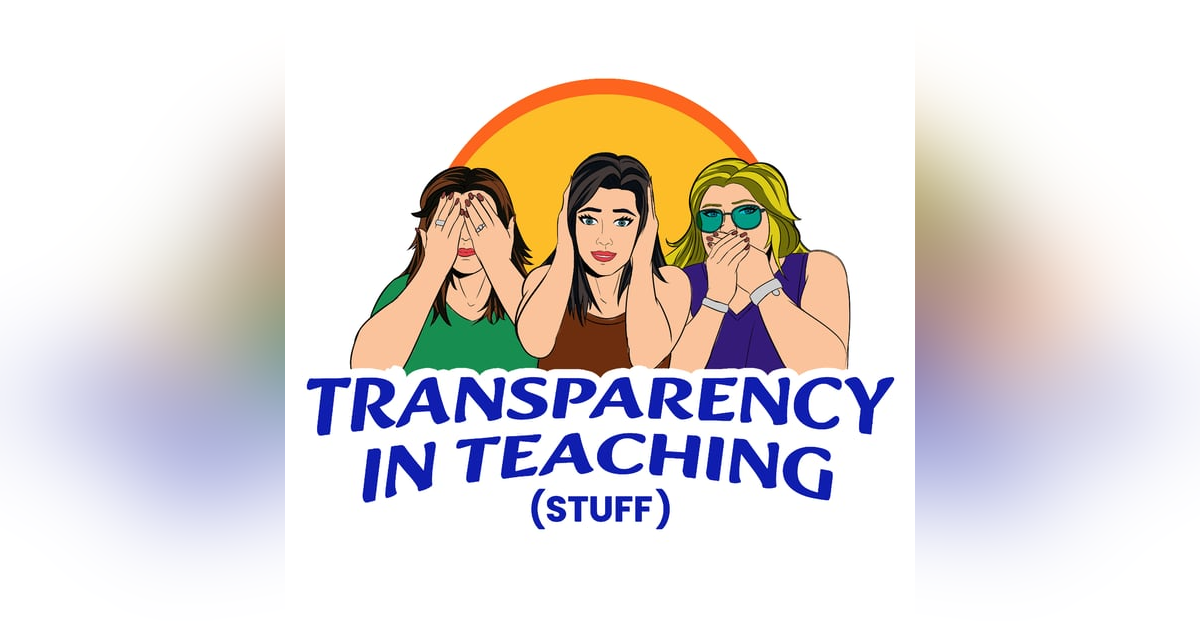018 Difficult Discussions Don't Have to be Hard

It should have been expected that the attack on the Capitol last month (has it been that long already?😳) would prompt controversial classroom discussions. Students want to explore their questions and find answers to their concerns. This puts teachers in an awkward space, where discussions must be guided without involving a teacher's implicit biases. But given the current political climate in this country and the seemingly growing divide between sides, educators often wonder if this discussion is worth the risk of upsetting parents or a potential invitation to the administrator's office. I and my colleagues even struggled with whether or not to allow students to watch the Inauguration during class. After all, this is something extraordinary that happens every four years and is an example of our country's Constitution at work. However, the fear of the possible parent backlash about why we were allowing their children to watch a celebration of a "stolen" election seemed very real. I mean, with the number of people who supported Trump there were bound to be parents who might feel that way. Trump himself accused the public education system of indoctrinating students, saying "the left-wing rioting and mayhem are the direct result of decades of left-wing indoctrination in our schools." Some Facebook parent pages are also posting similar sentiments. So, as teachers, should we wade into these waters and chance getting bitten by angry sharks? Personally, I think we must. One of the most important parts of education is learning the art of discussion. As educators, we have an obligation to help students learn how to have productive disagreements with those who do not hold our same views. There are several vital skills that help pave the way to good discussions. For example, learning to listen and respond without accusation, can help disagreeing parties stay open to each other's ideas. Students need to learn to do research that helps them find information, data, and facts that are trustworthy and relevant. Acquiring good questioning techniques will lead to deep discussions. Also important is that students learn one doesn't have to agree with an opposing point of view to understand it. And it is this understanding which makes compromise possible and solutions to problems attainable. In today's episode, we talk about how difficult discussions don't have to be hard. We offer tips and suggestions on how to get students talking without letting teacher biases sneak in. Jen shares how the 7th-grade curriculum stirs up issues every year. Sharyn shares how she fosters productive conversations. And Anne reveals ways to help make students more comfortable with sharing. We hope you'll find encouragement to engage in difficult topics of discussion in this episode. As always, thank you so much for listening and taking the time to rate and review our efforts. For more great discussions head over to TransparenyinTeaching.com and leave us a comment. Help start our own productive, positive, enlightening discussions by clicking the link here to leave us a voice comment that we can use on a future episode. We look forward to all the enlightening discussions that follow! --- Support this podcast: https://podcasters.spotify.com/pod/show/transparencyinteaching/support
